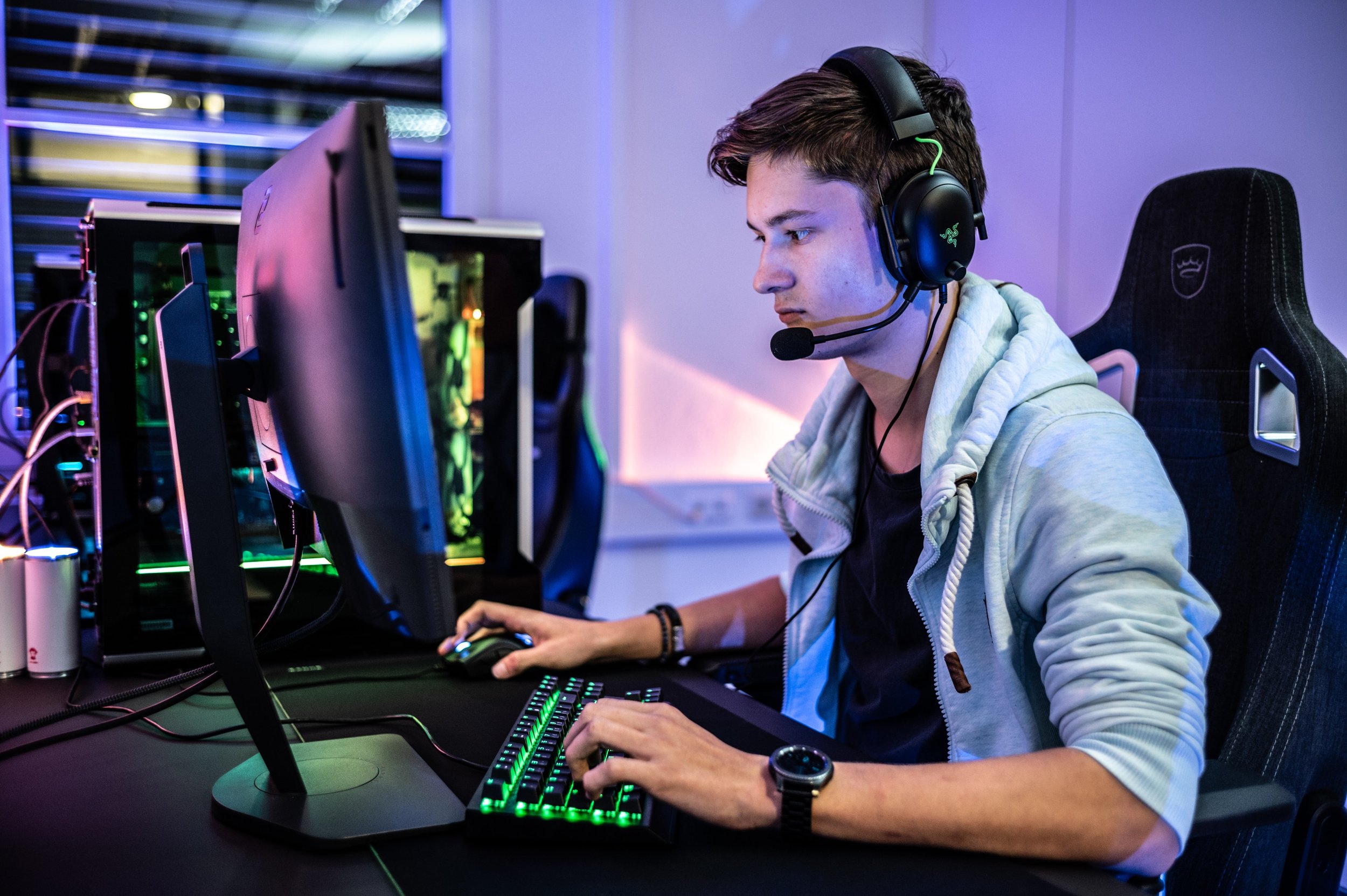The Future of Collegiate Esports and NIL: Part 2 – The Player Edition
You have played video games your whole life and specifically have focused on Overwatch for the last few years and now you are ready to go to college. You have put just as much time and energy into your game as any other traditional athlete. As you begin applying to colleges and universities your focus is on collegiate esports. What options do you have if you already have accepted brand deals or are hoping to build your brand during college? Luckily, for esports athletes and changes in NCAA rules on name, image, and likeness (NIL), there is much more flexibility in collegiate esports and NIL opportunities.
What is NIL?
NIL stands for name, image, and likeness and gives an individual the rights to promote a good or service, usually through a brand deal or sponsorship. NIL is most often referenced among professional athletes through sponsorships but has been a new opportunity among college athletes. After a Supreme Court decision in 2021, collegiate student athletes are now allowed to secure sponsorship opportunities with non-education related brands.
NIL is inherent to esports due to the overlap with video game companies, endemic, and non-endemic brands. Collegiate esports athletes and schools are nontraditional in terms of sponsorship opportunities because they can get brand deals as individuals or at the school level. The flexibility available to esports programs makes it easier for esports athletes to develop their own brand through broadcasting rights and licenses. Additionally, it helps the school as the students can build their own brand while also building the brand and reputation of the school’s esports program.
If you have already pursued NIL opportunities as an esports athlete
First and foremost, congratulations! It is not always easy to secure an NIL opportunity as a budding esports player. The good news is that due to the recent changes in the NCAA rules around NIL, as well as esports having their own collegiate league, you are able to keep your brand and deals throughout your college career. Additionally, unlike many traditional sports and colleges, you can continue to keep any sponsorships you have and obtain new ones through the collegiate team you are playing on.
If you are looking for NIL opportunities as an esports athlete
Due to esports inherent overlap with NIL, competitive collegiate esports players can pursue sponsorship opportunities just like any influencer, professional gamer, or professional athlete. Although collegiate esports programs are not regulated by the NCAA, the recent change in the NCAA rules regarding NIL makes it even easier for a collegiate esports athlete to gain sponsorships and brand deals. Additionally, the new regulations from the NCAA allow student athletes to hire professionals, including attorneys, to help them profit from and protect their NIL rights.
A few authentic ways to begin building your brand that align with your school’s esports program include securing paid social media campaigns, posts, and livestreams. Additionally, as the world of digital media grows, access and engagement by you through streaming platforms with any fans is important. As an esports player you can obtain individual sponsorships on top of any other sponsorships or endorsements your school has.
Suggestions for collegiate esports athletes pursuing NIL opportunities
As always, we recommend ensuring that you are complying with any existing contracts, school policies, scholarship policies and any state specific regulations where the school you are attending is located. If you are thinking about playing collegiate esports and growing your NIL and fanbase, begin looking for sponsorships, endorsements, social media campaigns as many colleges are using digital outlets as a recruitment tactic.
If you have an NIL opportunity as a student esports athlete, or you are hoping to find opportunities through your school or on your own, contact us, we would love to help you navigate the NIL industry.

